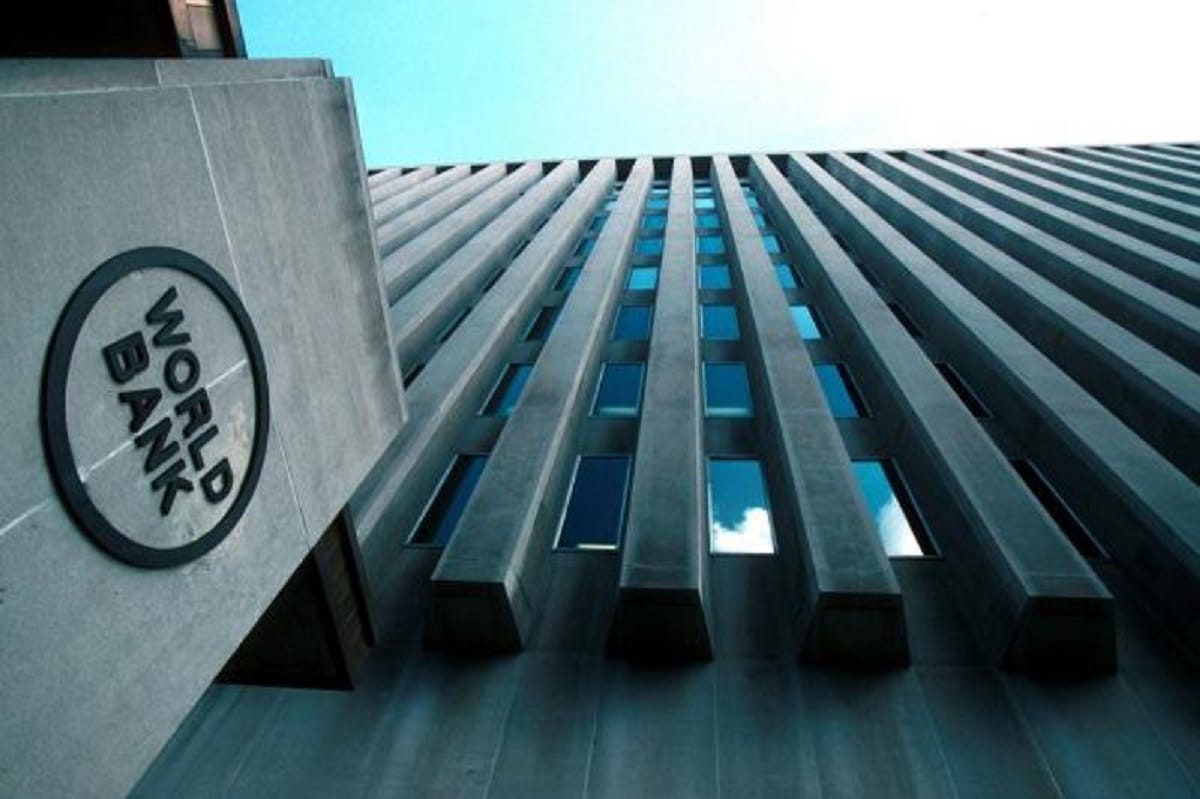The World Bank has stated in a report that Afghanistan’s economy, although experiencing average growth, faces significant challenges such as financial restrictions, trade imbalances, and limited public investment capacity.
The report notes that the average growth of Gross Domestic Product (GDP) has been 2.7%, but the World Bank considers this growth uncertain.
According to the report, in 2021, provinces such as Kabul, Kandahar, Helmand, and Zabul, whose economies were largely dependent on foreign aid, experienced the steepest decline in economic activities compared to 2020.
The World Bank report also said: “Afghanistan’s economic recovery remains uncertain. The average GDP growth of 2.7%, driven by private consumption, has only compensated for about 10% of the past economic losses, indicating the slow and fragile nature of this recovery.”
Sakhi Ahmad Payman, the First Deputy of the Chamber of Industries and Mines, said: “The serious concerns that existed in the beginning regarding Afghanistan’s economy have fortunately led to a situation where our GDP has grown positively, monetary stability has been maintained, and inflation has decreased. These are positive points.”
“If you look at the activities that have been carried out in Afghanistan over the past three years in the economic sector, truly a lot of good work has been done. However, compared to the previous years of the republic, there is undoubtedly a difference because, at that time, the entire world was supporting Afghanistan, but after the political change, you saw that all economic aid to Afghanistan stopped,” said Abdul Naseer Rashtia, an economic affairs expert.
On the other hand, the Ministry of Economy said that for economic growth and development, the Islamic Emirate has implemented several infrastructure projects, including TAPI, over the past three years and is working to attract more investments.
Abdul Latif Nazari, the deputy minister of the Ministry of Economy, said: “There are many factors influencing the improvement of Afghanistan’s economic situation, including the eradication of corruption, the initiation of large economic projects, and job-creating projects, all of which will reduce poverty and improve the livelihoods of our dear fellow citizens.”
Previously, the World Bank had stated that after August 2021, it provided $1.7 billion in aid to Afghanistan.

